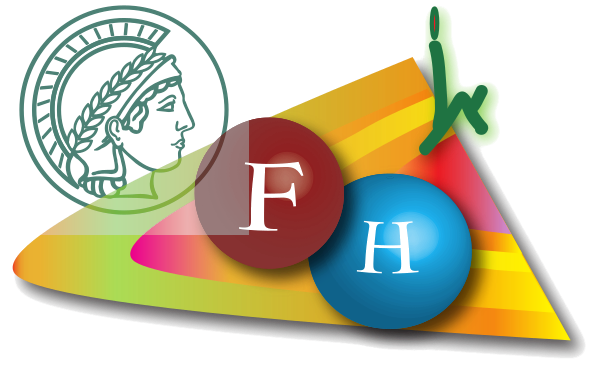Date:
Location:
Abstract
Owing to the progress in many-body theories and computer hardware, quantum chemistry tools are now routinely used in chemistry and physics, providing both high-quality quantitative data (often rivaling the experimental measurements) and invaluable qualitative insights (crucial for interpretation of the experimental observations). Despite its success in treating a broad range of electronic structures, ranging from ground-state closed-shell molecules to excited states and strongly correlated systems, quantum chemistry is still lagging behind when electronically metastable states (i.e, resonances embedded in the ionization continuum) are concerned. This lecture will provide a concise overview of the progress in extending quantum chemistry into the continuum. The main emphasis will be on exploring the ideas of non-Hermitian quantum mechanics within the framework of coupled-cluster and equation-of-motion coupled-cluster theory. The need for theoretical tools for treating metastable states will be illustrated by examples, ranging from small molecules involved in various plasmas, to electrochemistry, and plasmonic catalysis.
ReferencesOwing to the progress in many-body theories and computer hardware, quantum chemistry tools are now routinely used in chemistry and physics, providing both high-quality quantitative data (often rivaling the experimental measurements) and invaluable qualitative insights (crucial for interpretation of the experimental observations). Despite its success in treating a broad range of electronic structures, ranging from ground-state closed-shell molecules to excited states and strongly correlated systems, quantum chemistry is still lagging behind when electronically metastable states (i.e, resonances embedded in the ionization continuum) are concerned. This lecture will provide a concise overview of the progress in extending quantum chemistry into the continuum. The main emphasis will be on exploring the ideas of non-Hermitian quantum mechanics within the framework of coupled-cluster and equation-of-motion coupled-cluster theory. The need for theoretical tools for treating metastable states will be illustrated by examples, ranging from small molecules involved in various plasmas, to electrochemistry, and plasmonic catalysis.

